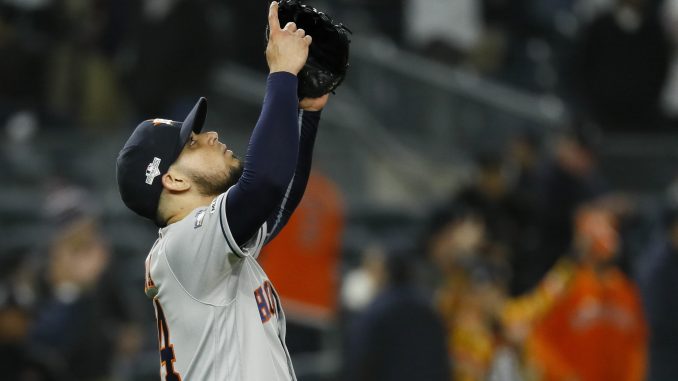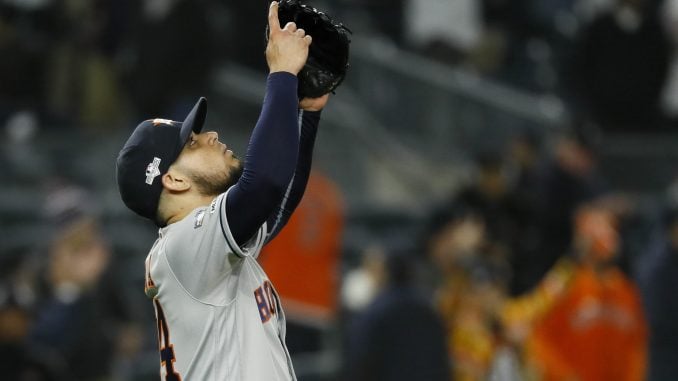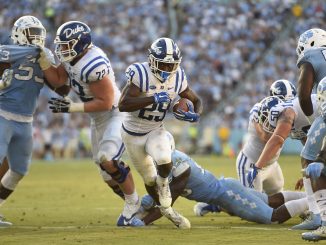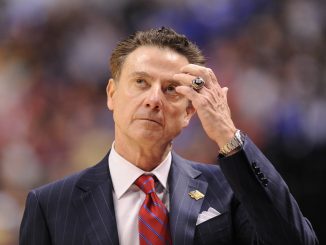

In May 2018, Roberto Osuna was arrested on charges of domestic violence.
The authorities dropped the charges when the victim refused to cooperate, in exchange for Osuna’s agreement not to have contact with her for a year. The terms of that “punishment” expired earlier this year.
In June, Osuna was suspended by MLB for 75 games under the domestic violence policy. While he was serving that suspension, the Houston Astros traded for him.
Osuna served his time, both the time decreed by the legal system and by MLB, but many people think the punishment did not fit the crime. Many also believe it was reprehensible for the Astros to use Osuna’s domestic violence suspension as a chance to pick up a valuable relief pitcher at a discount. The Astros were saying that winning baseball games was more important than doing the right thing.
The Astros doubled down on this decision when their assistant general manager used the team’s celebration for making the World Series as an opportunity to gloat — and harass — female reporters in the clubhouse about the Osuna acquisition a year earlier.
Fans, disinterested observers and people who couldn’t name another player on the roster all did the mental calculus and came to the same conclusion: This wasn’t right. A horrible injustice had been committed and they needed to take action. So they would root against the Astros in the World Series.
When the Washington Nationals beat Houston in the first two games, Twitter celebrated, with tweets mentioning “karma” being sent by the dozen.
Nobody seemed to take the time to stop and realize they were doing the same thing as the Astros.
No, they didn’t give safe haven to an abuser or flaunt that decision. But they did the same calculation in their minds — they put winning baseball games on the same level as domestic abuse.
It’s the problem that sports leagues always run into when the real world doesn’t take care of its business. The real injustice in this situation is that Osuna abused the mother of his son and the legal system simply told him not to talk to her for 12 months.
A few years ago, the NFL faced a similar situation when Ravens running back Ray Rice was seen on video punching his fiancée into unconsciousness in an Atlantic City elevator. Criminal charges against Rice were dropped when he agreed to go to counseling, and it fell upon the NFL and Ravens to punish him for his crime.
So, how many games should domestic violence cost a player? It’s a facetious question. There can be no answer. There’s no amount of games or fine money that can put the scales in balance in these situations. Similarly, there’s no amount of booing and rooting against a guy or a team that can make things right again.
Rooting against a bad guy on Twitter may make the tweeter feel better in the moment, or at least morally superior, but it doesn’t really do anything to address the real problem.
This is especially true when you look at the history of these incidents. What exactly did Osuna do to get charged with domestic violence?
Did he threaten to kill her? No, that was Wil Cordero, a journeyman infielder who had negative WAR (meaning any random minor leaguer could have done better than him) in eight of his 14 seasons. He was later also arrested for threatening the new husband of his ex and for domestic violence against a new girlfriend. The Washington Nationals organization acquired him twice.
The Nationals also traded for Elijah Dukes, quite possibly the worst human being to ever play professional sports. The was arrested three times for battery and once for assault. He once left a voicemail threatening to kill the mother of his children — and the kids. When a foster daughter of his informed him that he’d gotten her pregnant, he responded by throwing a bottle of Gatorade at her head.
The Nationals traded for him after all that, then hired a former police officer to keep an eye on him off the field.
That’s not to pick on the Nationals. It just emphasizes the fallacy of rooting against any team for employing an abuser. Literally every team in baseball has either kept a player facing charges or acquired someone who had been charged in the past. All 30 of them.
So root for … or against … whoever you want. But if you’re truly upset over Roberto Osuna, or Elijah Dukes, or Chuck Knoblauch, Jose Canseco, Francisco Rodriguez, Aroldis Chapman, Bobby Cox or any of the dozens of other athletes who have histories of mistreating women, the target of your anger should be the legal system that allows it.
That’s how you show it’s more important than winning baseball games.



